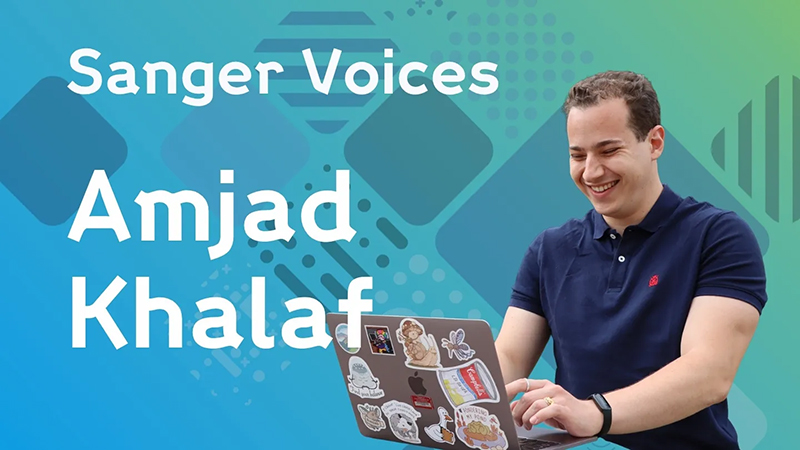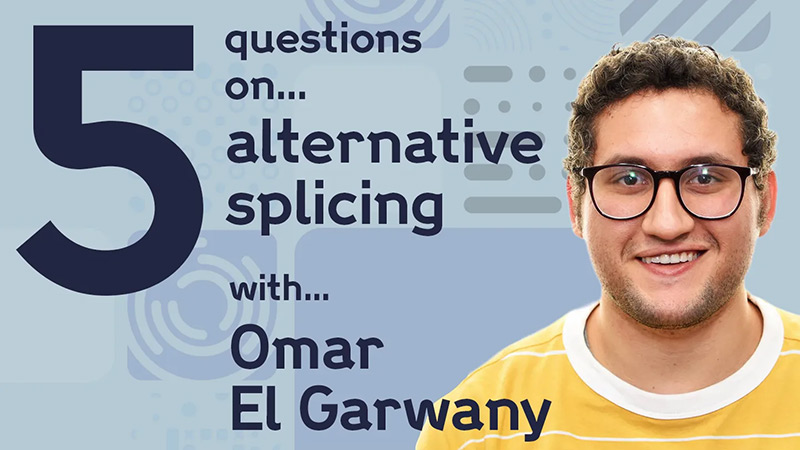
4-Year PhD Programme
We believe that a 4-year PhD programme provides the best training opportunities.
The application process for the 2026 intake of the Wellcome Sanger Institute 4-year PhD Programme is now closed. The closing date was Thursday 27 November 2025 (09:00 am GMT).
If you have not heard from us by Monday 12 January 2026 you should assume you have not been shortlisted.
Overview
Students apply to the programme rather than to specific Faculty members, and spend the first eight months of the programme undertaking three rotation projects in different research groups. This ensures exposure to different disciplines in genomics, and allows the students to gain a better overall picture of the scientific nature of the Institute and the different technologies that are available. In particular, all students are required to carry out at least one computational/informatics rotation and one experimental laboratory rotation. This helps students to develop wide ranging skills both at the bench and in data analysis. Students are required to write a short report or prepare a poster, and make a presentation to the group, at the end of each project. Selection of the final PhD project laboratory is by mutual consent between the student and supervisor and takes place during the third rotation period.
Monitoring of each student’s progress is achieved through the submission of a project report or the preparation of a poster for each rotation, their first year report, their third year thesis plan and by thesis committee meetings which take place at least once per year.
During their PhD, students are expected to attend training courses in transferable and general research skills, participate in the students’ journal club, present their work regularly and attend seminars.
Students offered one of our 4-year PhD programme funded studentships will obtain full financial support, including University tuition fees, regardless of nationality. There are 12 funded studentships available across all our research areas. Any students with their own external studentship funding are still expected to apply to the 4-year PhD Programme in the usual way.
For information on how to make an application to our 4-year PhD Programme, please click on Find Out More in the Application Process button at the top of this page.
Please visit our potential supervisors page for information on Faculty members and their research areas.
University of Cambridge affiliation
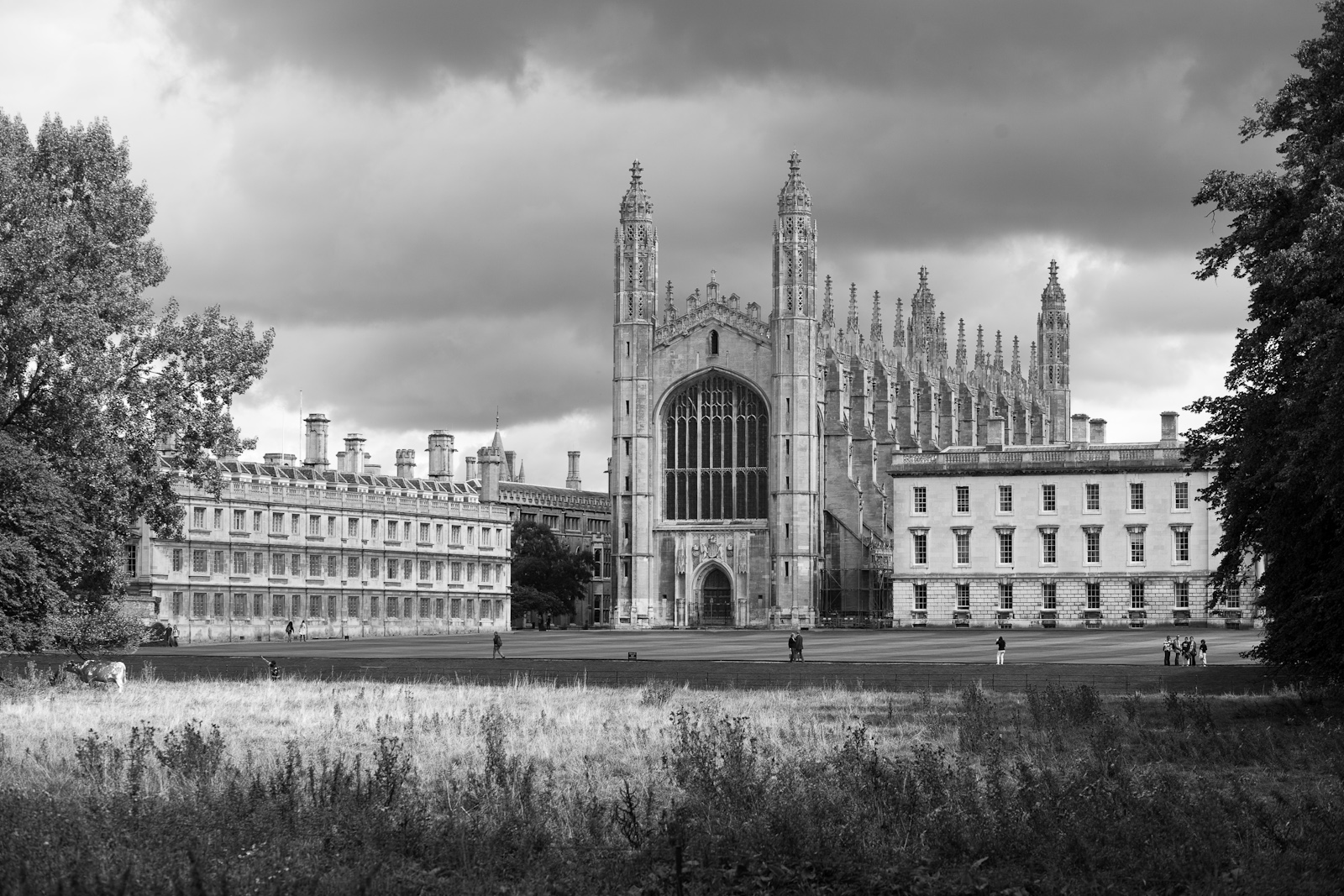
The Wellcome Sanger Institute was granted affiliation with the University of Cambridge as a ‘University Partner Institution’ in 1995. All postgraduate students at the Institute are registered with the University and are members of a Cambridge College. This allows our students to take an active part in the University’s academic and social life and brings many benefits such as access to events/courses run by University departments and the Postgraduate School of Life Sciences, and access to University facilities such as the library and the careers service.
 Once a student has been selected for our 4-year PhD Programme they have to apply for admission to the University.
Once a student has been selected for our 4-year PhD Programme they have to apply for admission to the University.
The University of Cambridge has a vibrant and diverse international student community and welcomes talented students from around the world. There’s lots going on in the University, Colleges and city, and with students accounting for about a fifth of the city’s overall population, Cambridge is a great place to be a student. See the University’s Student Life pages for more information.
If you have questions about what it’s like to study at Cambridge, you can chat to a student ambassador, see https://www.postgraduate.study.cam.ac.uk/why-cambridge/chat-with-us.
Experiences of our PhD Students
Financial support
Our funded studentships provide full financial support, including University tuition fees, regardless of nationality. Visa and immigration health surcharge costs will be reimbursed for international students. Current tax-free stipends paid by the Wellcome Sanger Institute are shown below.
Financial support as of October 2025 |
|
Year |
Stipend |
| 1st year | £25,270 p.a. |
| 2nd year | £25,840 p.a. |
| 3rd year | £26,410 p.a. |
| 4th year | £26,980 p.a. |
Supervision and monitoring
Each student has a PhD supervisor from within the Institute’s Faculty who provides day-to-day supervision of their research. They also benefit from a co-supervisor (academic adviser), selected from the University of Cambridge, who works in a similar or complementary discipline and meets regularly with the student.
Postgraduate students at the Institute are monitored and managed by the Committee of Graduate Studies, which meets regularly, together with support from dedicated administrative personnel. Monitoring of each student’s progress is achieved through the submission of a project report/poster for each rotation, their first year report, their third year thesis plan and thesis committee meetings which take place at least once per year.
The thesis committee, which consists of the principal supervisor, the co-supervisor (academic adviser) and one or two additional Sanger Institute Faculty members, primarily serves as a scientific advisory board for the student throughout their PhD work. Its function is to offer comments, advice and support to the student in order to ensure that the thesis can be completed in an appropriate time frame and with the best possible output. In addition to the student’s own research group, the thesis committee provides an independent forum for scientific discussion.
Students are expected to complete their research and submit their thesis within the 4-year time frame of the award. At this point each student must give a formal Sanger Institute seminar.
Training opportunities
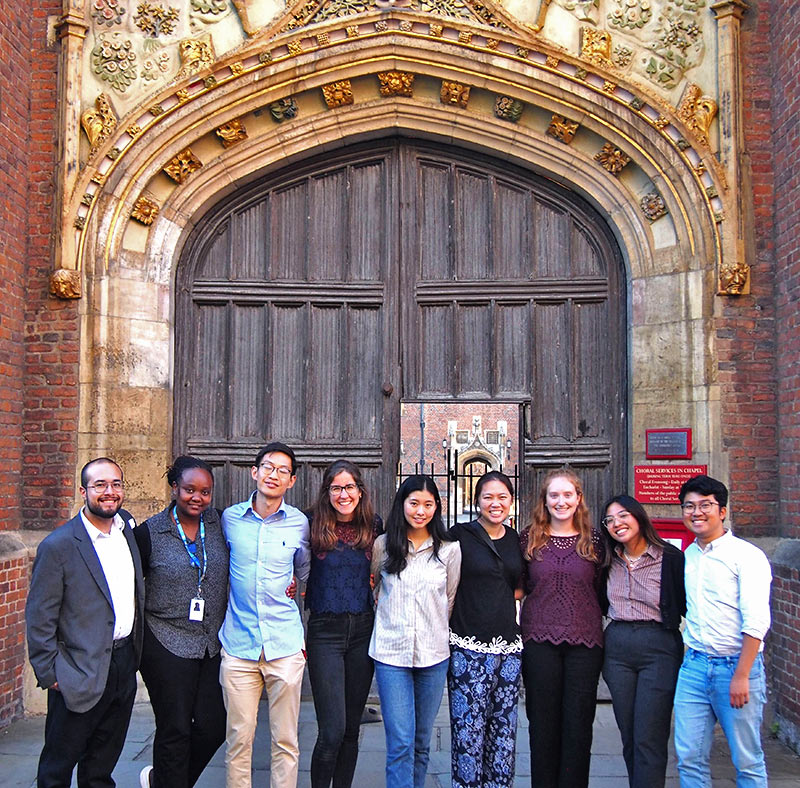
Students on our 4-year PhD Programme are expected to attend training courses in transferable and general research skills such as:
- Health and safety
- Postgraduate lecture series (approx 30 lectures by Sanger Faculty members)
- Computational skills
- Bioinformatics
- Next generation sequencing
- Statistics
- Responsible research and innovation, reproducible research, and ethics
- Presentation skills
- Scientific writing skills
- Communication and public engagement
A wide range of additional courses are also run on site for which students are eligible. As members of the University of Cambridge, students have access to lecture courses run by University departments, courses run by the Postgraduate School of Life Sciences and University facilities such as the library and the careers service. There is also an excellent library on site at the Institute.
There is a fortnightly journal club which all students, except those in their final year, are expected to attend, and students are expected to participate in the programme of journal clubs and research talks within their own research division.
There is an active academic seminar programme on site. Also students have the opportunity to meet and have informal discussions over lunch with speakers in our Distinguished Lecture Series. In addition, relevant seminar programmes within the University are widely advertised, and students are encouraged to attend.
All students have the opportunity to present their work regularly to their group. Approximately half way through their research, students have to present their work at a PhD Student Presentations Day. In the final year, once students have submitted their thesis, they are required to present their work at a Sanger Institute seminar. In addition, students are encouraged to present their work at both national and international scientific meetings, and we provide up to £1500 per year to enable them to attend such meetings.
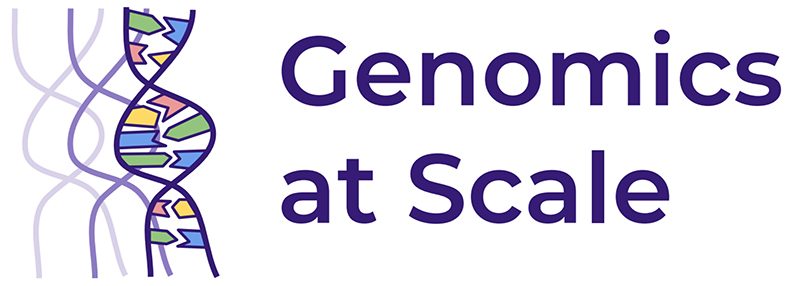 Students at the Institute are encouraged to organise their own events such as the Genomics at Scale Symposium. This meeting brings together students from the whole Cambridge area and gives them the opportunity to present their work to their peers and listen to a number of world renowned keynote speakers. Organising such a meeting (liaising with speakers, seeking sponsorship, managing logistical arrangements etc) allows the students involved to develop their networking, communication and management skills.
Students at the Institute are encouraged to organise their own events such as the Genomics at Scale Symposium. This meeting brings together students from the whole Cambridge area and gives them the opportunity to present their work to their peers and listen to a number of world renowned keynote speakers. Organising such a meeting (liaising with speakers, seeking sponsorship, managing logistical arrangements etc) allows the students involved to develop their networking, communication and management skills.
Student life
Below are some testimonials about life as a PhD student at the Wellcome Sanger Institute.
Former 4-year PhD student (2017-21), Jannat Ijaz, wrote:
The facilities at the Sanger Institute are unprecedented: from the computational methods that are developed here, to the variety of sequencing platforms available, to the wide range of research aims that are present. The greatest thing about the Sanger is, in my opinion, the support that is available: not only from a group leader but also from Post-Doctoral Fellows and fellow PhD students. Whenever a research problem is faced, there is always someone who has enough time and expertise to sit down and talk through your problems with you. This makes the daunting prospect of completing a PhD a lot easier.
The ethos at Sanger of sharing data creates a great environment. The vast amount of data that is constantly being generated coupled with the money available for research means that the projects that are available are exciting but also malleable to your own research interests.
As a student coming in with limited research experience, I found the rotation year particularly useful. While challenging, it gave me an opportunity to discover different supervision methods, trial different potential PhD projects and learn a variety of computational and wet lab skills. All of the groups that I worked in were welcoming and were environments which I could see myself working in for the next 3 and a half years. Most importantly, it allowed me to focus my research interests in order to make the correct decision about what I wanted to study for rest of my PhD.
Sanger actively encourages students to have a life outside of research which is made easier since all PhD students are affiliated with Cambridge University and therefore also a Cambridge college. This provides another layer of support from University of Cambridge tutors. Aside from this, it also provides a social group outside the research group so you get to meet a wide range of people from different fields.
If you’re interested in genomics, Sanger is an outstanding place to work.

Former MB/PhD student (2015-18), Henry Lee-Six, wrote:
I had a fantastic three years at the Sanger. I found the atmosphere in the Institute to be one of enthusiasm and curiosity. The most important thing for me was that I was working on biological questions that I thought were really exciting. I had brilliant mentorship and the resources (principally sequencing and computational power that are just not available to my friends doing PhDs elsewhere) to be able to answer them. I had help with ethics, IT, and admin, so that I could spend the vast majority of my time actually thinking about the science.
As an MB/PhD student, three things were slightly different to the four-year programme: I missed the year of rotations; I had to attend occasional clinical teaching; and I needed to finish my thesis within 3 years. All three were possible because the Postgraduate Programme Office and my supervisors were flexible and supportive.
All in all, I had a wonderful and productive time, thanks to being in an environment that was rich in ideas, resources, and positivity.
Equality and diversity
The Wellcome Sanger Institute values the diversity of its employees, students, visitors and collaborators. The diversity of our workforce is of critical importance in drawing together the broad range of skills and experience we depend on to conduct world class science and support biomedical discovery.
We therefore believe that it is in the best interests of the Institute and those that benefit from its work to attract, retain and develop a diverse pool of talent and to provide a working environment that encourages and supports excellent performance from all who work here. We aim to achieve this by:
- Providing equality of opportunity in recruitment, selection, training, promotion and career management
- Fostering an inclusive culture where all our staff are welcomed and can thrive
- Supporting equality, diversity and inclusion training, networks and events
- Promoting inclusive research and experimental design
- Stimulating interest in scientific careers through our Wellcome Connecting Science Programme
Selection of PhD Students
The Institute’s PhD programmes aspire to be equally accessible to all applicants irrespective of gender, country of origin, ethnicity, colour, religion, age, disability or factors other than academic matters. Applications are welcomed from candidates worldwide and will be considered exclusively on merit. To reduce financial and geographic barriers to admission, we provide payment of all University tuition fees along with a generous stipend/salary. Indeed many of our MPhil and PhD students come from low and middle income countries such as Kenya, Mali, Senegal, Uganda, Mexico, Colombia, Peru, China, Vietnam, Indonesia and the Philippines. Also, our typical annual intake of students is roughly half male, half female.
Wherever practical the Institute will adopt a flexible approach to prevent any disadvantage that could arise for prospective PhD students from career and/or study gaps that may be due to maternity, paternity, adoption and other caring responsibilities or periods of illness or disability.
Equality in Science
The Sanger Institute and its campus neighbour, the European Bioinformatics Institute (EBI), run an active Equality in Science Programme aimed at highlighting and addressing issues affecting the gender imbalance that occurs in the senior ranks of science. This includes consideration of work-life balance issues that affect both male and female scientists. 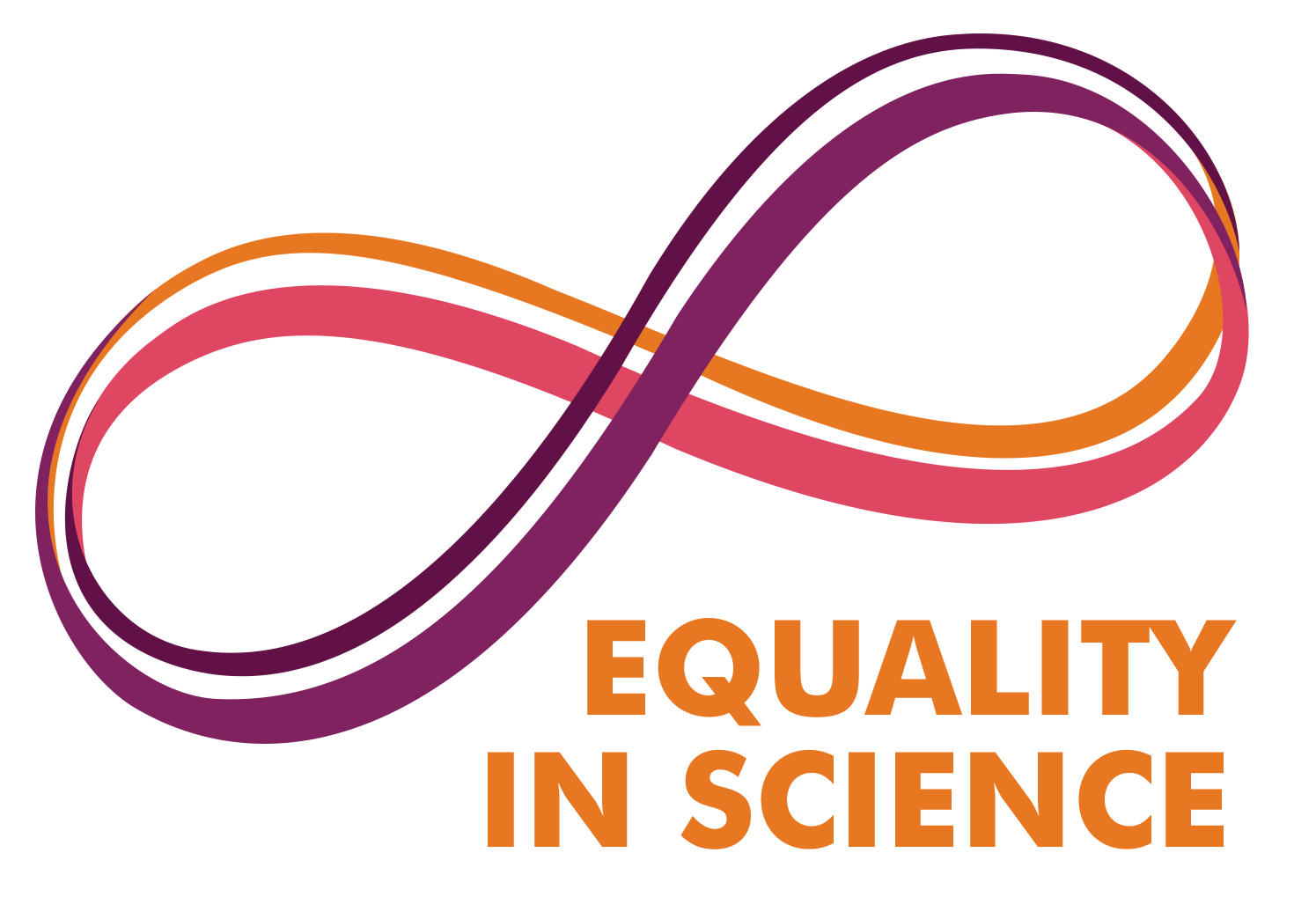 The Programme is also looking at issues affecting marginalised groups such as LGBT+, BME and disabled scientists.
The Programme is also looking at issues affecting marginalised groups such as LGBT+, BME and disabled scientists.
In April 2020 we were awarded the Athena SWAN Silver award, having been one of the first research institutes to achieve the Bronze award in April 2014.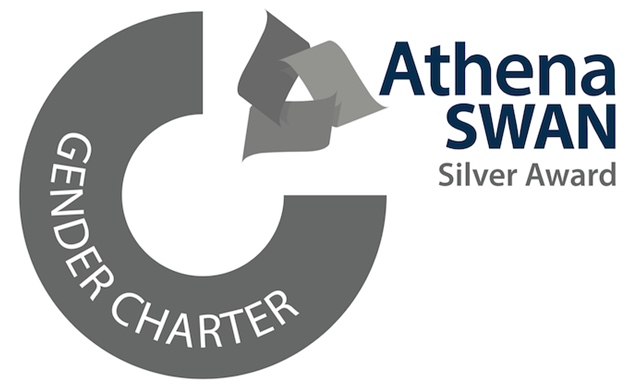
Balancing PhD studies with family life
We recognise that for some PhD students, there will be a need to allow time and flexibility to deal with caring responsibilities (e.g. for children and/or relatives) and we want to provide a PhD programme that is supportive of these needs, whilst not compromising on giving you an excellent start to your scientific career. This includes provisions to pause studies for maternity, paternity, adoption or shared parental leave, access to our onsite nursery facilities and a flexible approach to work.
Since Sanger Institute PhD students are registered at the University of Cambridge, they are also able to access childcare services provided by the University.
If you have any queries about balancing PhD studies with family life, please contact the Postgraduate Programme Office.
